Thank you for downloading this Atria Books eBook.
Join our mailing list and get updates on new releases, deals, bonus content and other great books from Atria Books and Simon & Schuster.
C LICK H ERE T O S IGN U P
or visit us online to sign up at
eBookNews.SimonandSchuster.com
We hope you enjoyed reading this Atria Books eBook.
Join our mailing list and get updates on new releases, deals, bonus content and other great books from Atria Books and Simon & Schuster.
C LICK H ERE T O S IGN U P
or visit us online to sign up at
eBookNews.SimonandSchuster.com

Division of Simon & Schuster, Inc.
1230 Avenue of the Americas
New York, NY 10020
www.SimonandSchuster.com
Copyright 2014 by Ben Ford
All rights reserved, including the right to reproduce this book or portions thereof in any form whatsoever. For information address Atria Books Subsidiary Rights Department, 1230 Avenue of the Americas, New York, NY 10020.
First Atria Books hardcover edition May 2014
 and colophon are trademarks of Simon & Schuster, Inc.
and colophon are trademarks of Simon & Schuster, Inc.
The Simon & Schuster Speakers Bureau can bring authors to your live event. For more information or to book an event contact the Simon & Schuster Speakers Bureau at 1-866-248-3049 or visit our website at www.simonspeakers.com .
Photography by Frank Ockenfels 3
Illustrated by Ben Ford and Jennifer Green
Interior design and handwriting by Laura Palese
Jacket design by Laura Palese
Jacket photography and author photograph by Frank Ockenfels 3
Library of Congress Cataloging-in-Publication Data Ford, Ben, 1966
Taming the feast : Ben Fords field guide to adventurous cooking /
Ben Ford and Carolynn Carreo.
pages cm
Includes index.
1. Quantity cooking. 2. Fasts and feasts. 3. Entertaining. 4. Menus.
I. Carreo, Carolynn. II. Title.
TX820.F67 2014
641.5'6dc23
2013037779
ISBN 978-1-4767-0639-9
ISBN 978-1-4767-0640-5 (ebook)

To the memory of Bob Becker , the man who taught me that it was okay to pick up food as long as it was on a bone, and that licking your fingers was just foreplay before the feast.
contents
Introduction
This is a book about how to give BIG FEASTS .
Its a cookbook, but its also a manual, a how-to guide for the DIY foodie, with everything you need to throw down-and-dirty feasts for your family and friends. Youll find diagrams, line drawings, timelines, recipes, and other handy instructional materials showing how to create rugged feasts such as sturgeon cooked on cedar planks the way the natives do it in the Pacific Northwest, whole pig cooked on a vertical spit in a shed modeled after those I saw in the Black Mountains of North Carolina, and smoked barbecue brisket inspired by my wife Emilys home state, Texas.
These gatherings are no Martha Stewart affairs. The pages tell you how to make old wine barrels into cooking vessels and outdoor ovens out of inexpensive cinder blocks. This book is for hardware junkies who like to play with fire, dig ditches, and get their hands dirty in both the garage and the kitchen. Each chapter in this book is a blueprint for a party including one big main dish, and in many instances also includes step-by-step instructions for building the vessel for cooking the main dish if youre doing the full-size feast. Count on these feasts to involve more than a weeks prep, at least one trip to the hardware store, and often an outdoor fire. I recommend learning your way around the cooking equipment described in this book before diving in. Know how it operates and be careful, as with any cooking tool youre working with for the first time.
Although the main feasts are designed to serve huge crowds, each feast also has a version that feeds closer to eight than eighty and employs conventional equipment, such as a stovetop or backyard grill. Likewise, side dish and dessert recipes yield eight or ten servings, but they were all designed so that they could be scaled up without compromise. Many of the components in all of the dishes can be made ahead of time. And because a feast inevitably yields leftovers, every chapter gives a recipe for how to make a delicious next-day meal from them.
Im a chef. I own a gastropub in the Los Angeles neighborhood of Culver City. Ive been cooking since I dropped out of USC during my junior year, where I had gone with the hope of becoming a professional baseball player. When that didnt pan out, I didnt want another careerI wanted another passion. I jumped in my car and headed up to northern California, where some friends were living, and moved into a flat on Union and Taylor. Car chase scenes were often filmed there, so every few months stuntmen would fly airborne outside my window. This was my idea of having arrived.
I had a restaurant job in North Beach, and then, after writing letters for months, I finally got hired at Chez Panisse, where I was schooled in the ethos of using local, seasonal ingredients. After I came back to Southern California, I worked at Campanile for a few years before opening my first restaurant, Chadwick, named after Alan Chadwick, who introduced biodynamic gardening methods to the United States.

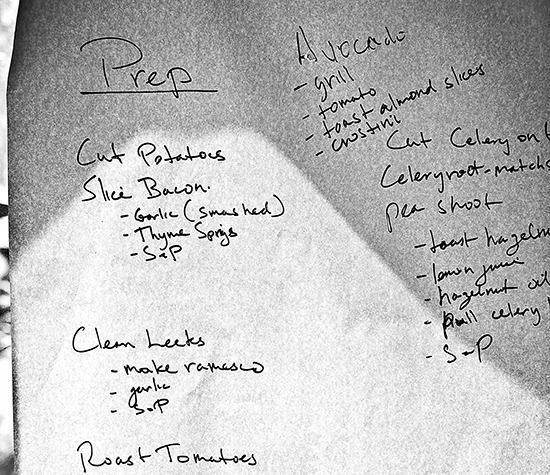
I didnt start cooking big feasts in earnest until about ten years ago, but in my youth I learned the power of good food to bring people together and the magic that takes place around a dinner table with friends, family, and food. I grew up in the Hollywood Hills in the 1970s, before it became what it is nowan enclave for wealthy industry people. Back then, the Hills was a place where artists, bohemians, and hippies settled to be close to nature. My parents were all of the above. My father, the actor Harrison Ford, was a carpenter at the time. Our house was a former ranger station, built in the early 1900s, a true shanty that my dad was forever fixing up. In every picture of me as a kid, behind me are open walls with conduits going through them. My mother was an illustrator, and a really great home cook. She always kept a vegetable garden and used to go out and pull stuff out of the ground and then cook it for our dinner. I thought this was just the way things were until I discovered that my friends mothers were getting their vegetables out of bags from the freezer. My brother, Willard, and I spent our childhood with friends, roaming the Hills, building forts, looking for small animals, and pulling unusual plants out of the ground to take back home. At the end of the day, our house was where all the kids ended up and the reason was simple: my mothers food was better than the food at any of the other houses.

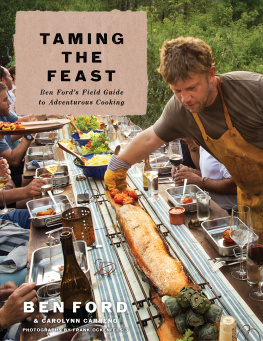
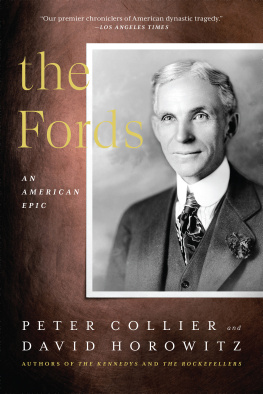


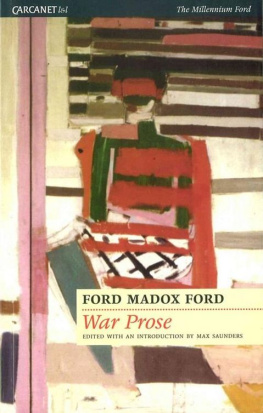

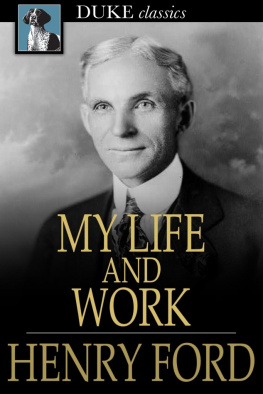

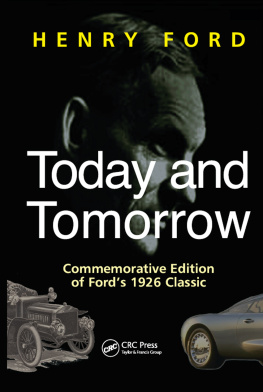
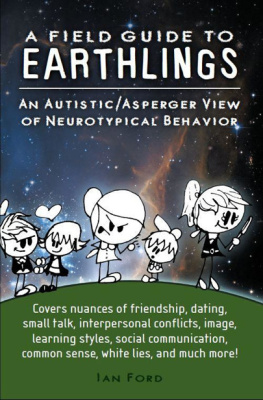
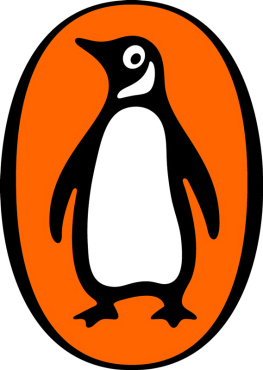



 and colophon are trademarks of Simon & Schuster, Inc.
and colophon are trademarks of Simon & Schuster, Inc.


